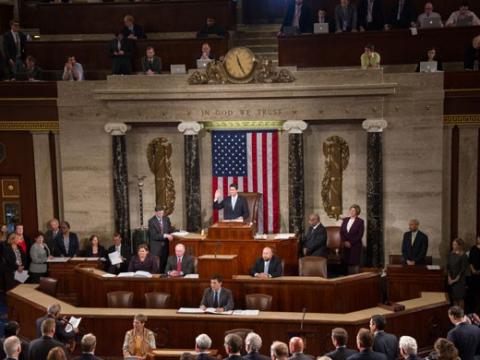
RadWaste Monitor Vol. 11 No. 12
Visit Archives | Return to Issue PDF
Visit Archives | Return to Issue PDF
RadWaste & Materials Monitor
Article 1 of 7
March 23, 2018
Omnibus Has No Yucca Funding, But Also No Consent-Based Storage Mandate

The fiscal 2018 omnibus spending bill that passed Congress this week provided no funding for the proposed Yucca Mountain nuclear waste repository in Nevada, but it also did not incorporate language from a Senate appropriations package that some in industry dubbed…
Partner Content
Jobs